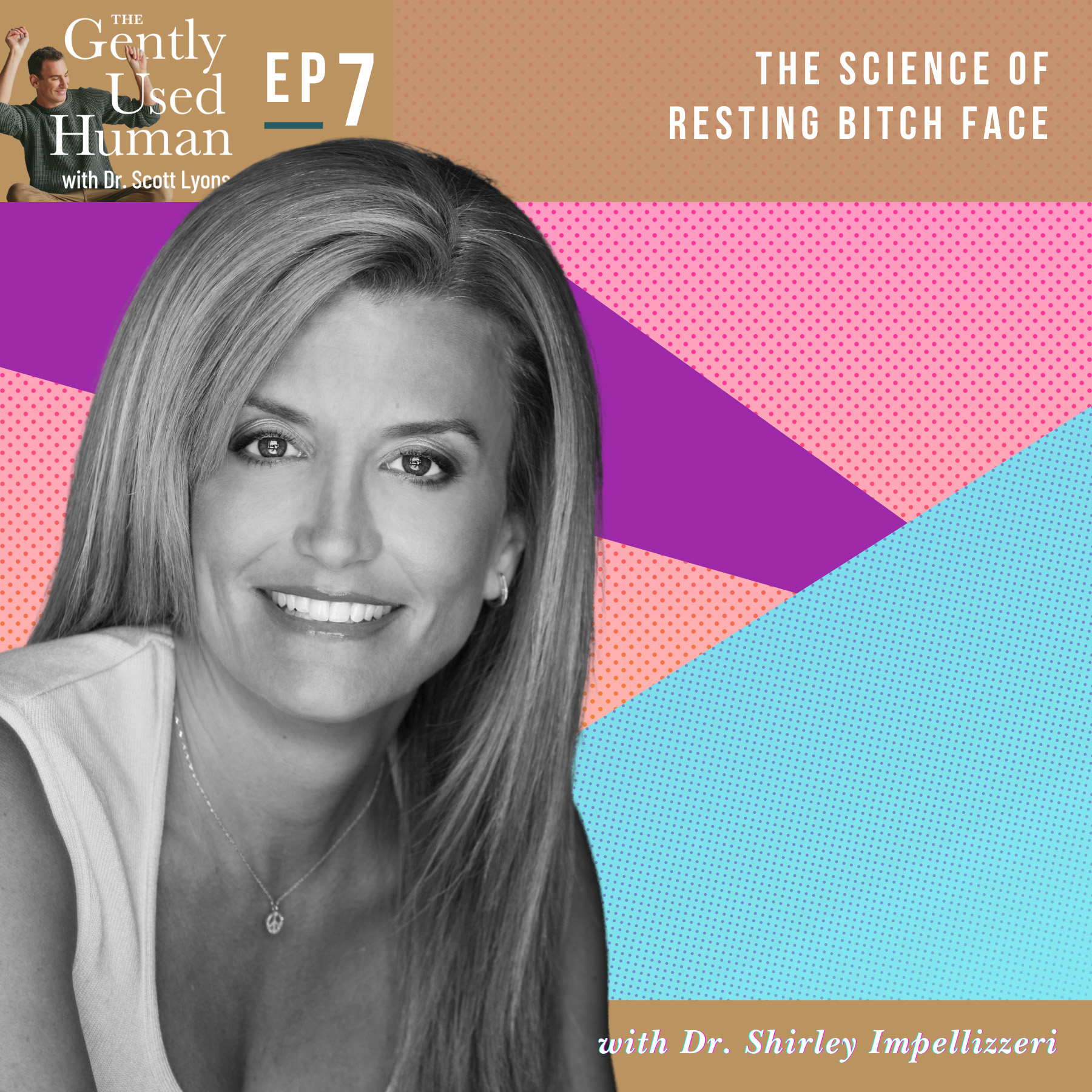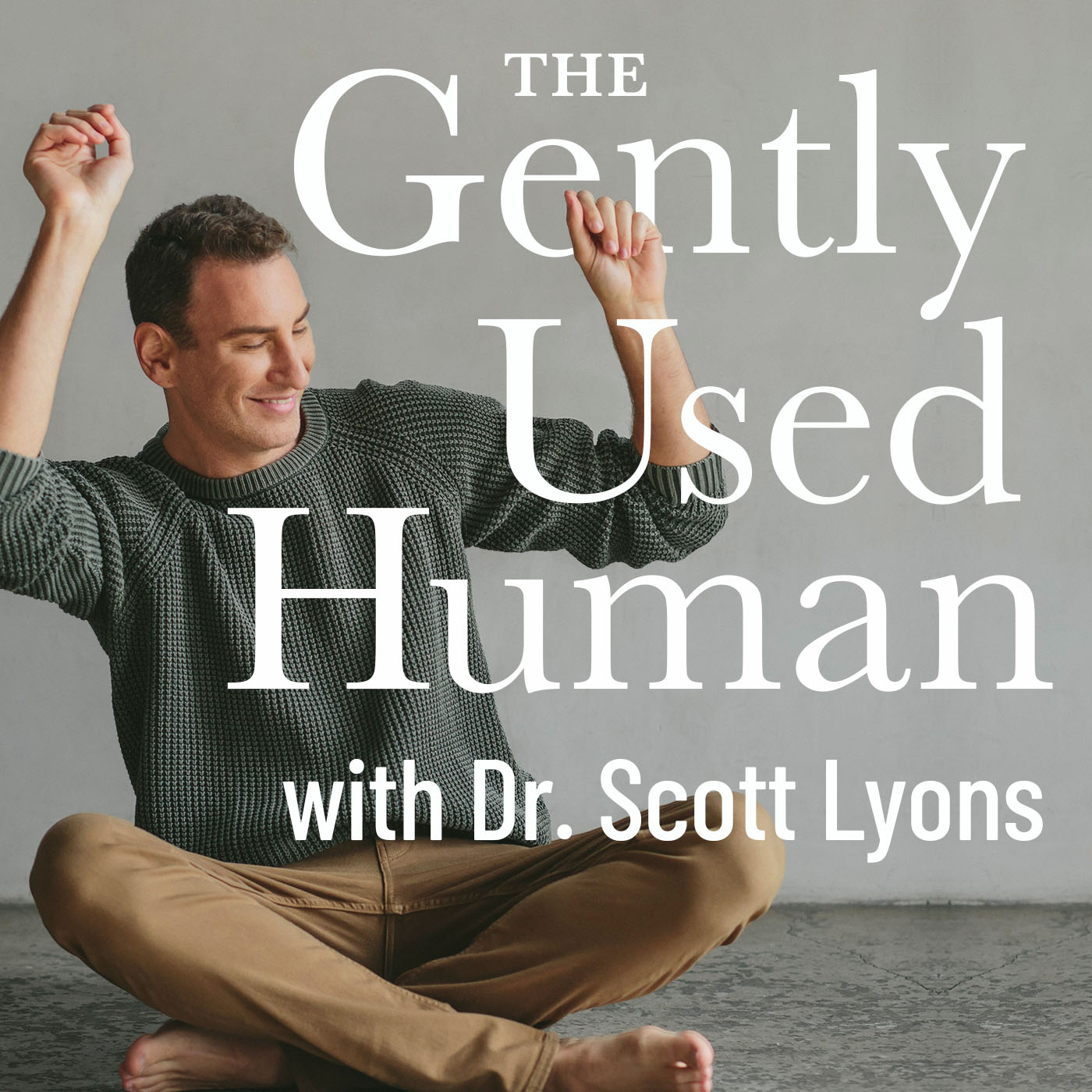
הסרטון הזה מוגבל לגיל לצופים מתחת ל-18+
צור חשבון או התחבר כדי לאשר את גילך.
The Science of Resting Bitch Face
You've seen it, you've judged it, heck, you might've even worn it – the infamous Resting Bitch Face. But it's more than just a 'stop-approaching-me' shield; it's a complex mask often crafted by the skilled hands of neglect and trauma. Let's face it, emotions are a messy business. We might use our physiology to unwittingly push people away, even while our hearts are screaming for connection and understanding.In this episode, Dr. Scott is joined by Dr. Shirley Impellizzeri, an acclaimed clinical psychologist, and the brain behind 'Why Can't I Change?' and 'Scared Speechless’ to uncover the relationship between neuroscience, attachment theory, and primal emotional regulation. Using her own life as a case study, Shirley unflinchingly explores how childhood ghosts whisper into the ears of our adult selves, influencing our stress responses, attachment styles, and even body functions.Topics we break down: Physical manifestations of neglectPrimal instincts, survival skills and compartmentalizationThe power of facial expressionsRewiring the brain to unwind ‘resting bitch face’Allowing space for emotions in challenging times<br/>

